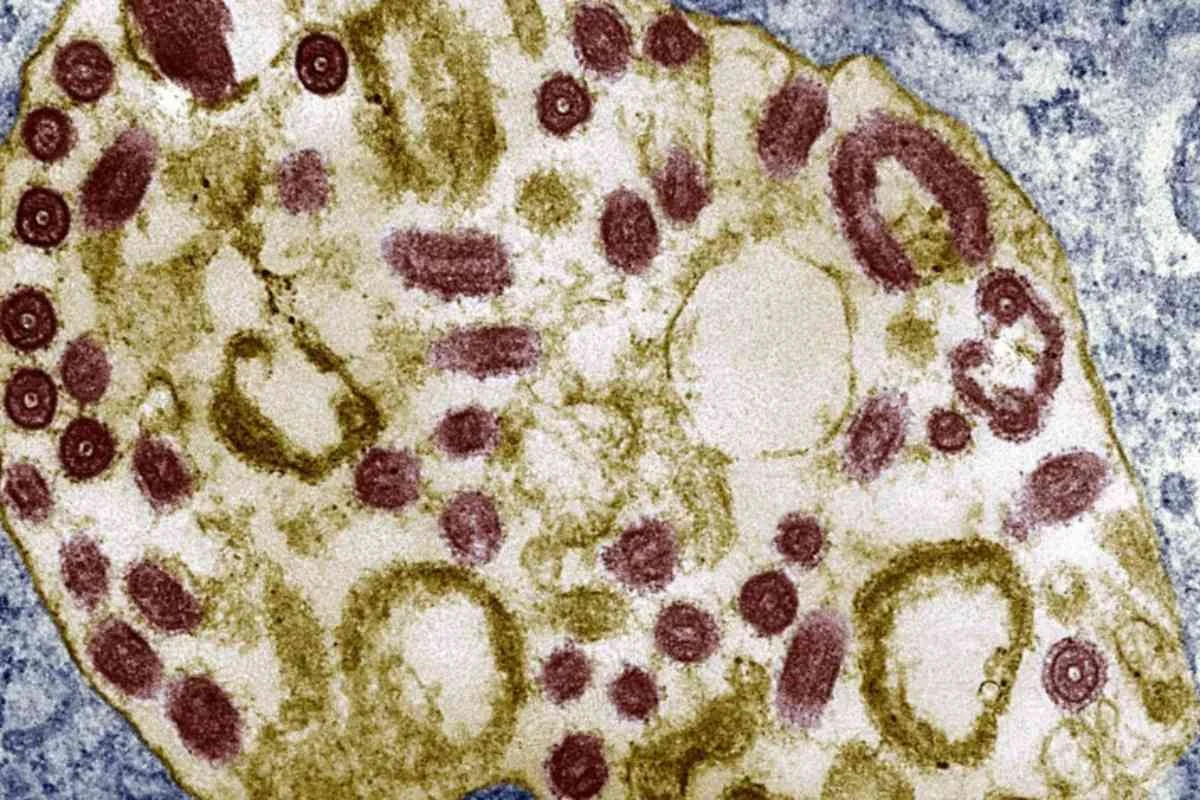Rwanda is currently facing a serious health crisis due to an outbreak of the Marburg virus, a highly contagious and deadly hemorrhagic fever. As reported by the country’s health ministry, ten individuals have already succumbed to the disease, and 29 confirmed cases have emerged.
The outbreak was declared just days before this announcement, underscoring the urgency of the situation. Health Minister Sabin Nsanzimana emphasized the rarity of the Marburg virus but noted that the government is intensifying contact tracing and testing efforts to curb the spread of the virus. Despite these measures, the source of the outbreak has not yet been identified.
The Marburg virus, much like the Ebola virus, is believed to have originated in fruit bats. It spreads among humans through close contact with bodily fluids of infected individuals or contaminated surfaces, including items like bed sheets, clothing, needles, or medical equipment.
Importantly, the virus does not spread through airborne transmission, which may offer some reassurance in managing the outbreak. Historical data shows that Marburg has previously caused outbreaks in several countries, including Tanzania, Equatorial Guinea, Angola, Congo, Kenya, South Africa, Uganda, and Ghana, indicating that it is a global health concern.

Symptoms of the Marburg virus typically begin to manifest between three days to three weeks after exposure. According to the Centers for Disease Control and Prevention, early symptoms include fever, chills, headache, muscle pain, and gastrointestinal issues like diarrhea and vomiting.
As the disease progresses, more severe symptoms can develop, including unexplained bleeding from various sites such as the gums and nose, which can lead to shock, delirium, and organ failure. The World Health Organization notes that without proper medical intervention, the fatality rate can be as high as 88%.
Currently, there are no authorized vaccines or specific treatments available for the Marburg virus, which complicates containment efforts and raises concerns about the potential for further spread of the disease. The situation has led health officials to prioritize containment measures and educate the public about the virus’s transmission and symptoms to promote awareness and preventive actions. The lack of effective treatment options makes the outbreak particularly alarming for health authorities.
Rwanda is facing a critical public health challenge with the emergence of the Marburg virus. The government is actively engaged in contact tracing and testing to limit the outbreak’s impact. The historical context of the virus, its modes of transmission, and its severe symptoms underscore the urgency of the situation. As health officials continue to investigate the source and implement containment strategies, the global health community is watching closely, aware of the serious implications this outbreak poses.
